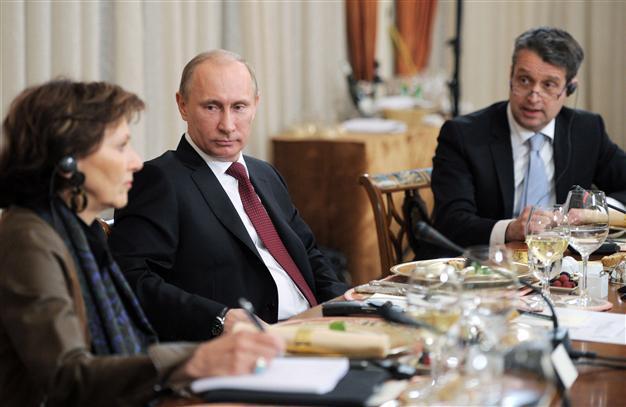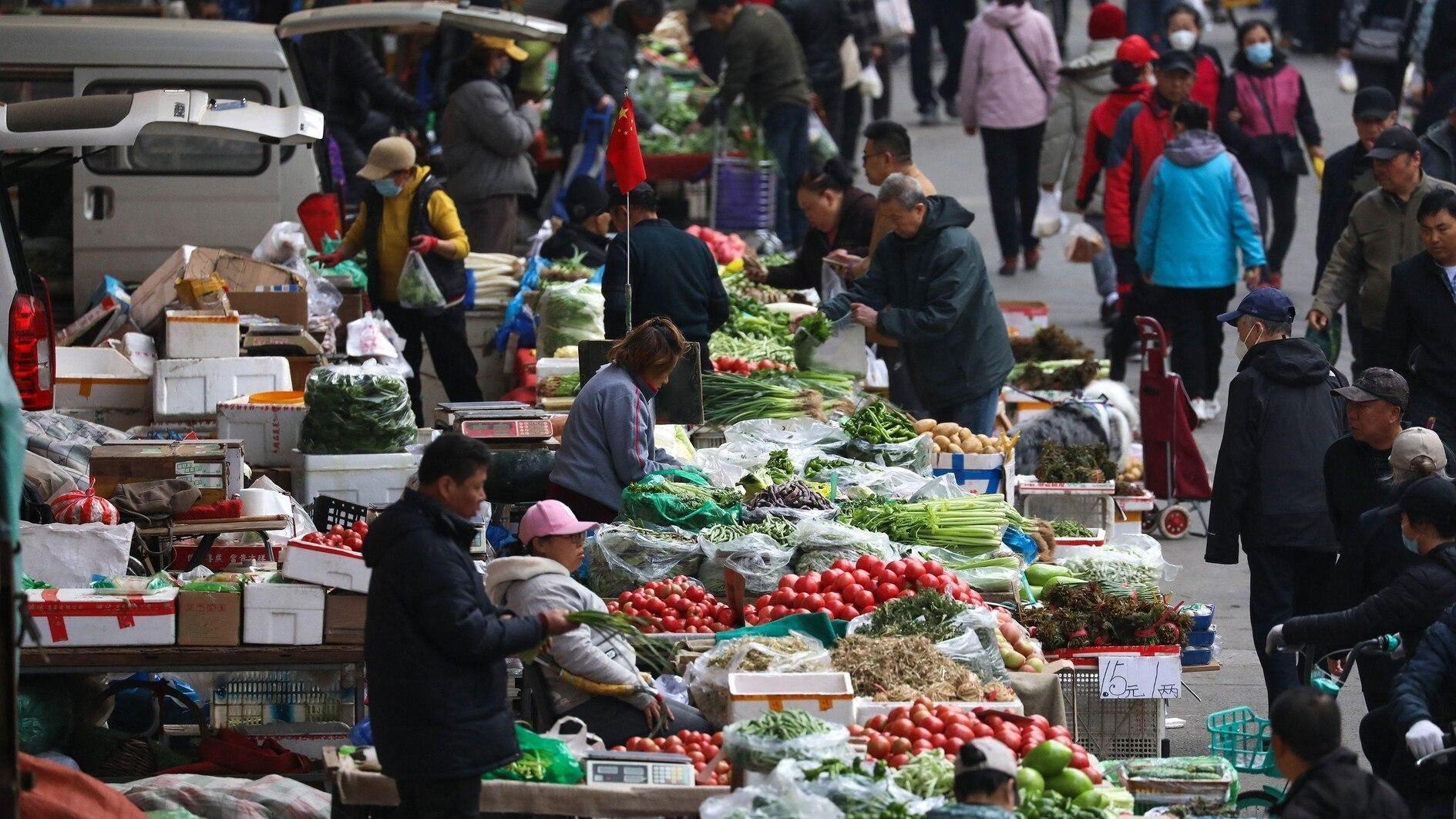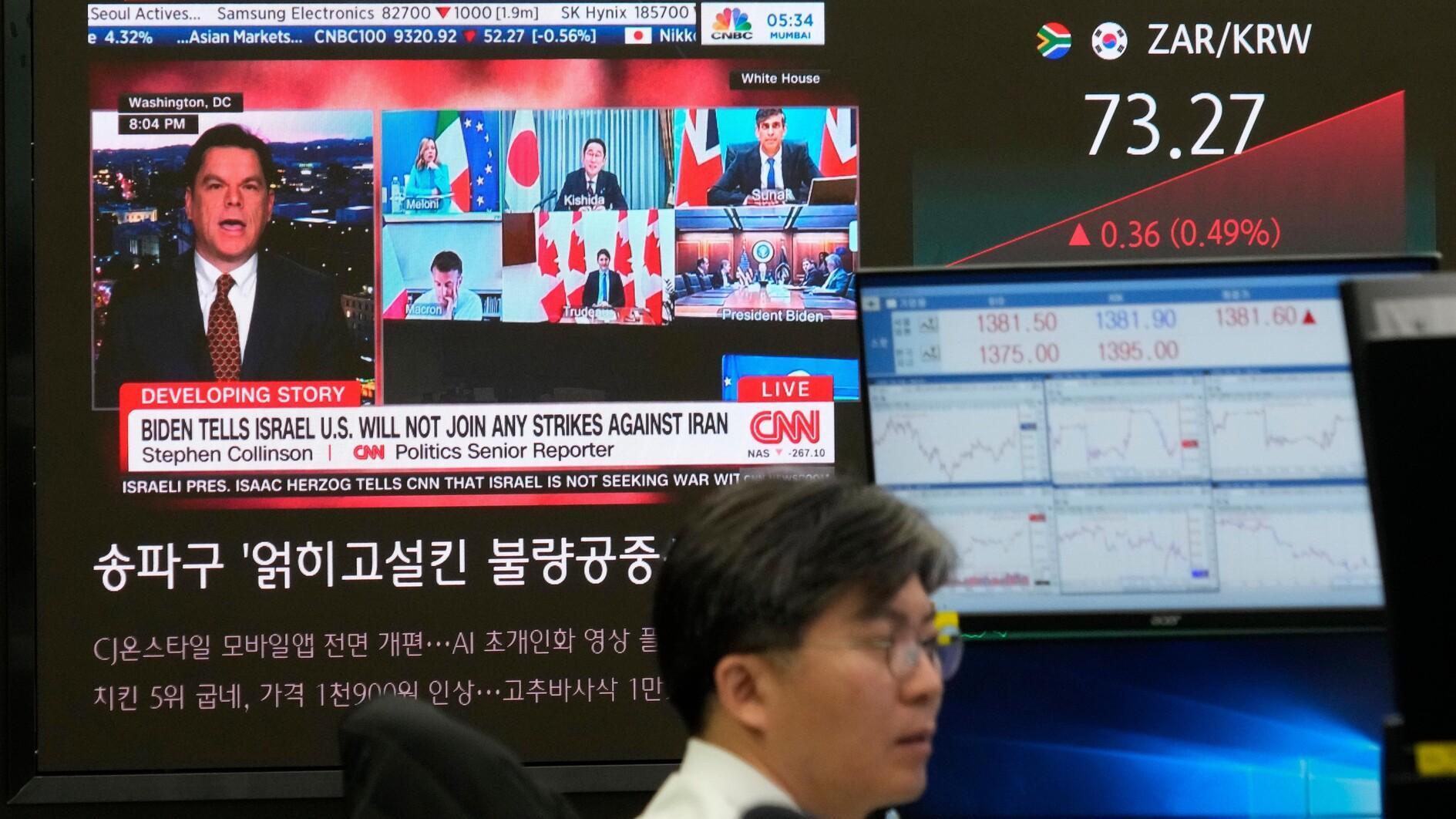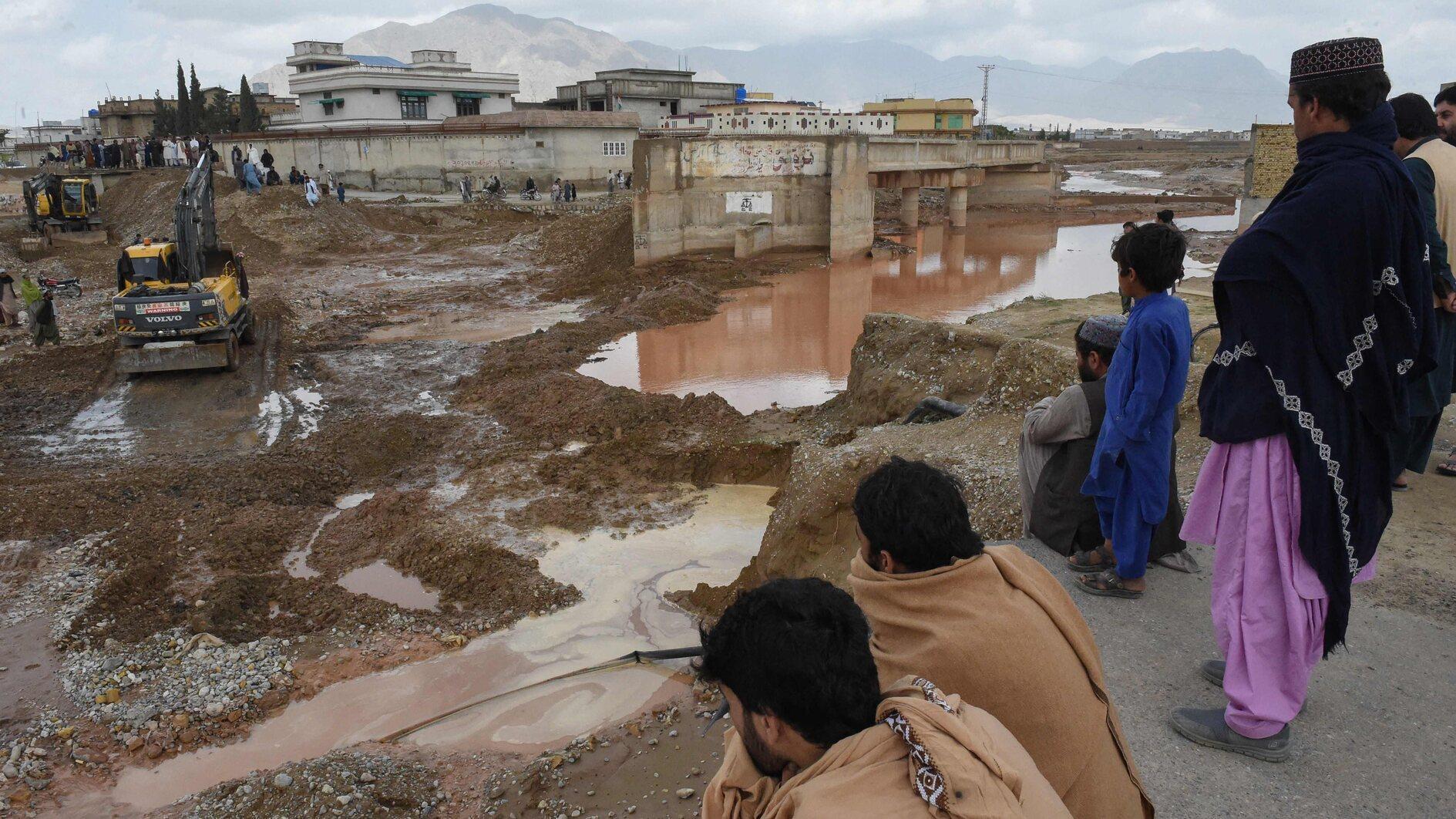Putin declines to back Syria's Assad
Moscow - The Associated Press

Russian Prime Minister and presidential candidate Vladimir Putin, center, meets with editors-in-chief of international media at Novo-Ogaryovo residence outside Moscow. AP Photo
Prime Minister Vladimir Putin stopped short of backing Bashar al-Assad in the Syrian crisis, saying Russia had no special relationship with his regime and refusing to predict that the president would stay in power.With pressure mounting on Moscow to harden its line against Assad, Putin called on both the Damascus regime and opposition rebels to agree a ceasefire but also criticised the West for backing the rebels in the conflict.
"We have no special relationship with Syria," Putin told foreign news executives late Thursday at a meeting at his suburban Moscow residence ahead of Sunday's presidential elections in Russia.
Asked whether Assad had a chance to survive the crisis, he added: "I do not know this, I can give no kind of assessments." "It's clear that there are very serious internal problems. The reforms that they (the regime) have offered clearly should have been carried out long ago," said Putin in comments published on the government website Friday.
Alluding to Assad's future, he said both sides in the conflict had to sit down and agree "what reforms there will be and what will be the consequences of these reforms." "But now we have to get them to stop killing each other," he added.
Russia in February outraged the West by vetoing -- along with its diplomatic ally China -- a UN Security Council resolution condemning the Assad regime for the violence.
Some saw the Security Council veto as a warning from Putin to Western states that Russia would pursue a tough foreign policy if, as expected, he returns to the Kremlin after Sunday's presidential elections.
Russian analysts said that Putin's latest comments did not represent a switch to a position more accommodating to the West but were a sign that Russia would not prop up Assad at any cost.
"I don't think that we can expect changes in the Russian position," said Fyodor Lukyanov, editor of the journal Russia in Global Politics.
"As for Assad himself, Russia is hardly going to betray him. But Russia is emphasising that his situation is very serious," he said, adding that Foreign Minister Sergei Lavrov had given such a warning to Assad on a visit to Damascus this year.
Putin said Moscow had to vote against the resolution as it would have compelled the Syrian government to pull out its forces from cities and enabled the rebels to move in themselves.
"You can show emotions about this as much as you like. But let's lead taking account not of emotions but of realities," he said.
But Putin rejected the idea that Moscow was taking sides in what he described as an "armed civil conflict" and accused the West of worsening the crisis by helping arm the rebels and putting pressure on Assad.
"If you are going to only increase supplies of weapons (to the rebels) and step up pressure on Assad, the opposition will never sit at the negotiating table," he said.
"Our principle is not to encourage the sides in an armed conflict but make them sit down at the negotiating table and agree acceptable terms for a ceasefire and to stop the human losses," Putin added.
He commented: "A 'bad peace' is always better than a 'good war'" Syria is a major arms client of Moscow, which has kept strong ties with Damascus going back to the alliance between the Soviet Union and Assad's father and predecessor Hafez al-Assad.
"I don't know how much weaponry we are selling to Syria," said Putin. "We have economic interests in Syria, but likely no more than Britain or any other European country," he added.
Putin made clear that Russia did not want to see a repeat of the situation in Libya, where a NATO-led air campaign in support of rebels led to the ousting and killing of Moscow's old ally Moamer Kadhafi.
He conceded that Kadhafi's regime was "somewhat crazy" but said his death was like a "medieaval execution".
"We do not want something similar to happen in Syria... we want them to find a consensus and that they stop killing each other."

















